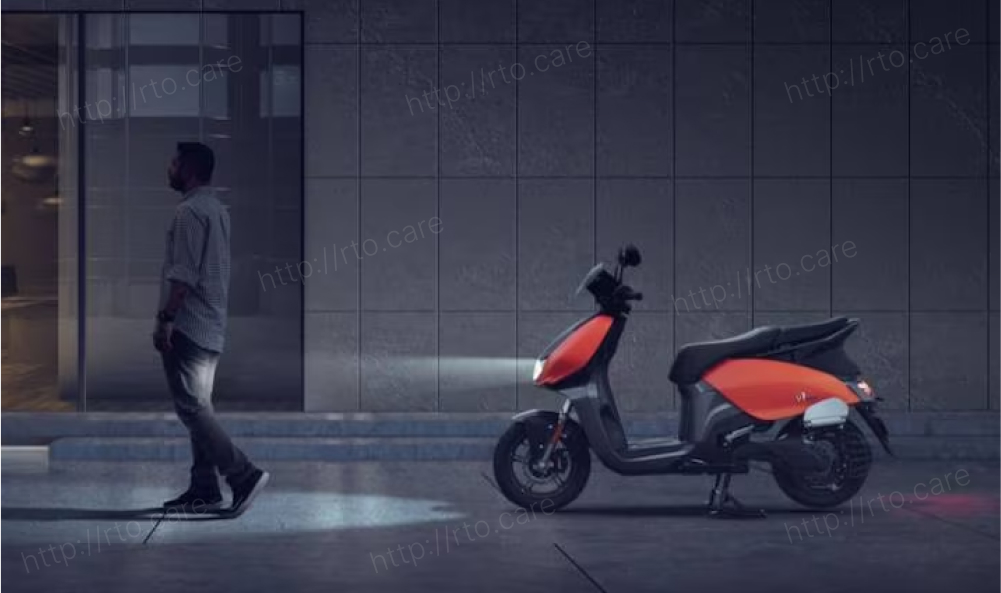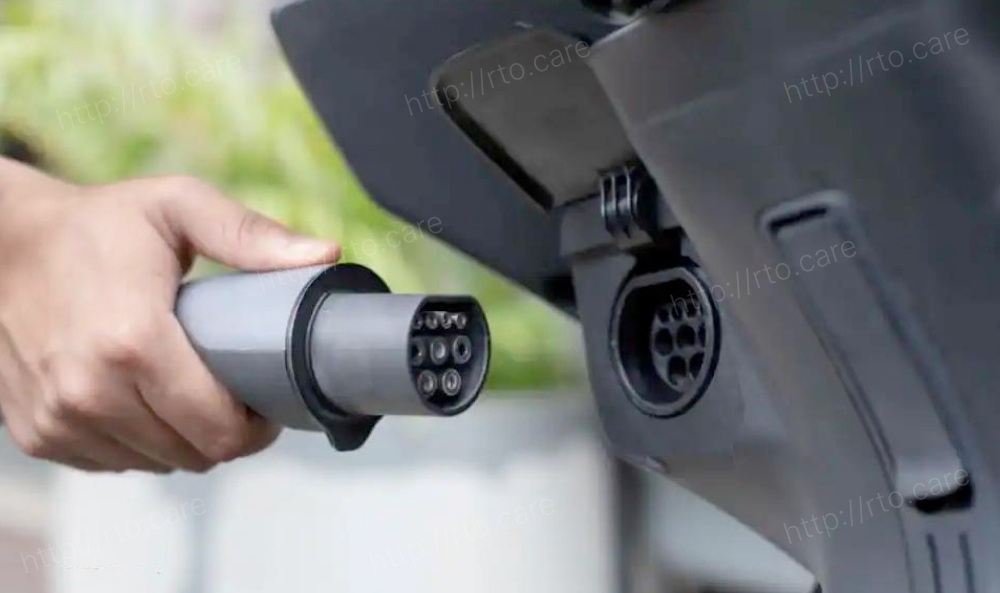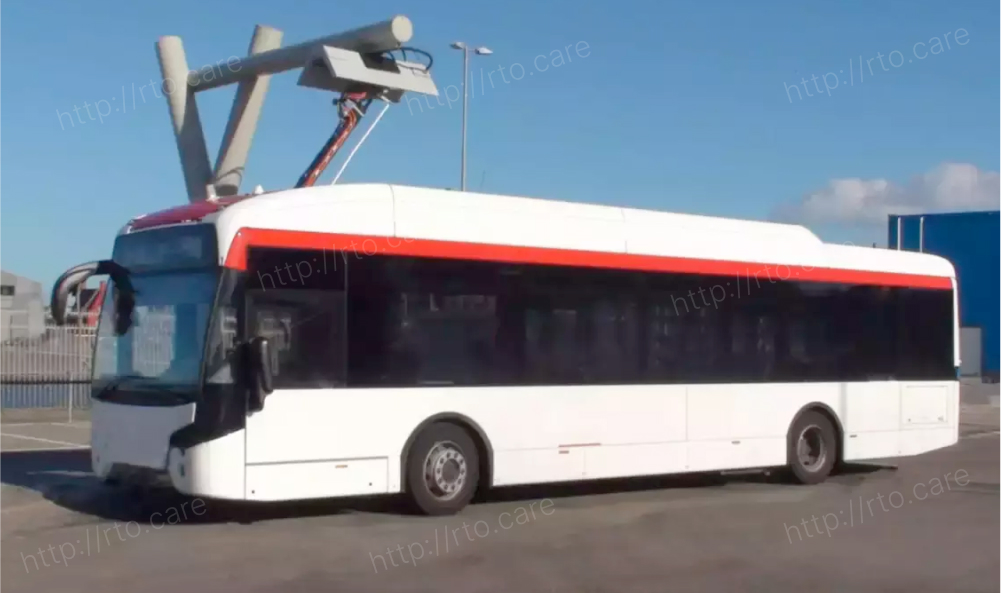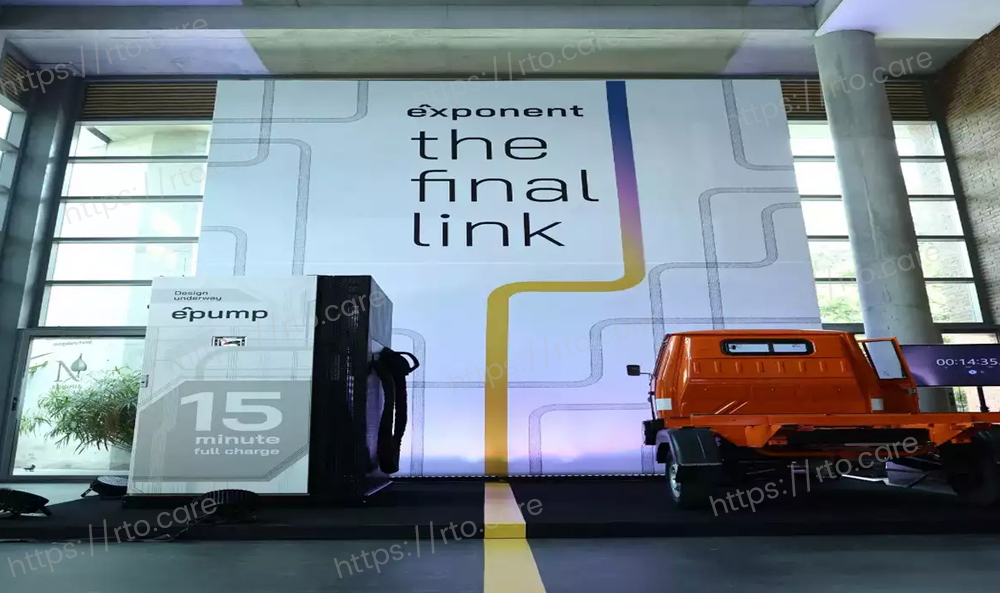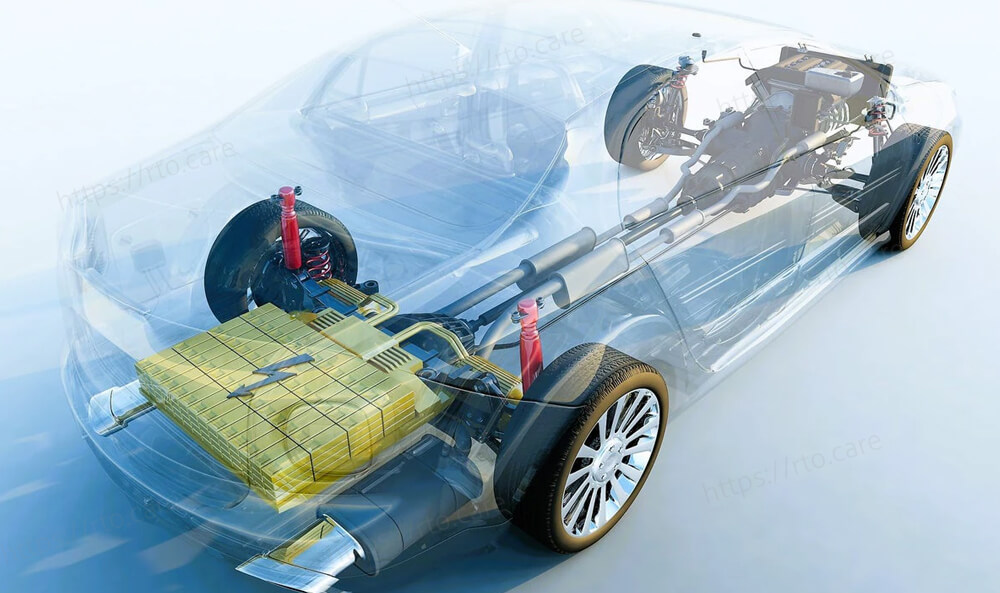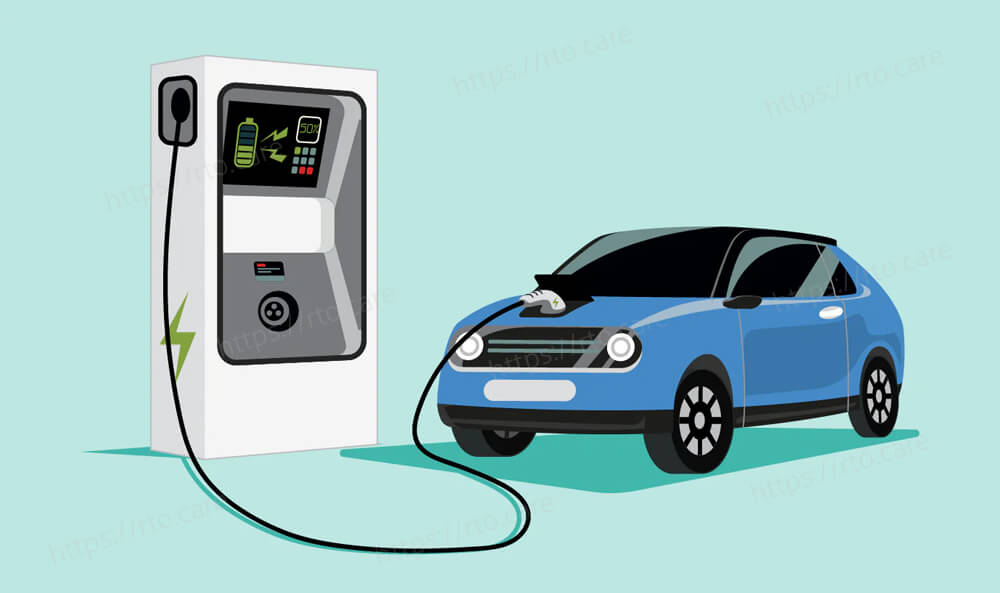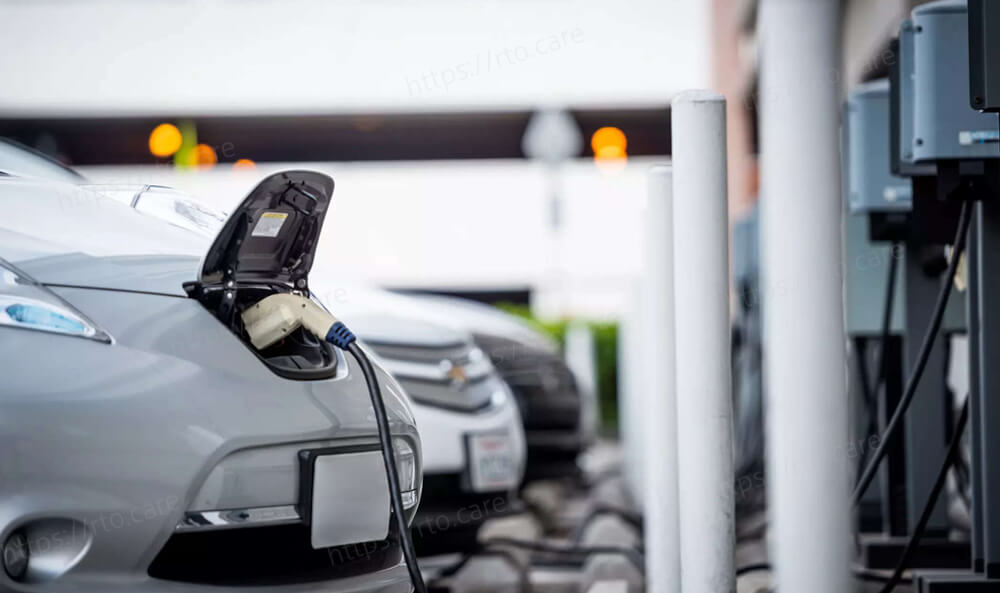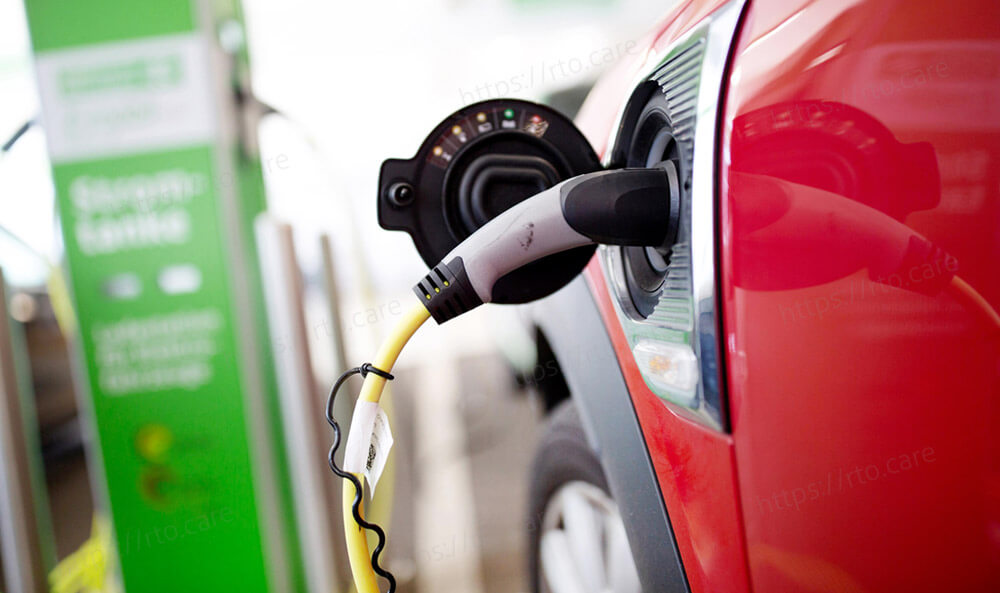Amit Dholakia, a resident of Bhagwati Bhuwan CHS on Carmichael Road, and Sohel Kapadia, a resident of Kemps Corner in Bhagwati, filed the PIL, claiming that it was necessary because there is a "legislative void" in which there are no rules for the installation of electric vehicle charging stations inside cooperative housing society grounds.
In response to a public interest litigation (PIL) filed by two residents of south Mumbai, the Bombay High Court recently served notice to the state, the registrar of cooperative societies, the civic administration, and the center. The PIL asked the state to amend the model by-laws of the co-operative societies and make it mandatory to provide charging infrastructure in housing societies for electric vehicles.
Residents of Bhagwati Bhuwan CHS, Carmichael Road, and Kemps Corner of Bhagwati, Amit Dholakia, and Sohel Kapadia, filed the PIL, claiming that it was necessary because there is a "legislative vaccum" without any rules governing the installation of EV charging stations inside cooperative housing society buildings.
Dholakia claimed that despite always abiding by all social norms, he had recently acquired a new electric vehicle (EV). Given the "scarce public charging infrastructure," where its charging duration might range from three to thirty hours, it is essential to have access to a charging station in a home garage.
However, he said that on May 18, 2022, the society refused to give him permission to establish a charging station at the garage, claiming the lack of regulation for such stations. At the hearing before a panel of Justices S V Gangapurwala and S G Dige, his attorney, Nishit Dhruva, stated that the State had established a policy in July of last year to change the Building Code and Town Planning Rules to include EV charging stations in residential and commercial structures. He said that a proposed change to the model construction by laws.
On January 6, the HC gave the government notice and posted the matter for further discussion. The Central Government has actively promoted the use of electric cars with the goal of switching the manufacturing of new motor vehicles from internal combustion engine models to electric vehicles by 2030, according to the PIL.
According to the PIL, the Central Government amended the 2014 Urban Regional Development Plans Formulation and Implementation Guidelines and Model Building Bye-Laws in February 2019 to include provisions for EV charging stations in residential structures.
The Development Control and Promotion Regulations (DCPR) 2034 do not include any provisions for EV chargers despite the fact that the State published its EV policy in 2021 and demanded that new buildings have to charge facilities, according to the PIL.
If no regulations are set for existing residential complexes, the state's failure to execute such policies is wholly arbitrary and irrational, according to the PIL, adding that this constitutes a breach of citizens' rights to equality.

